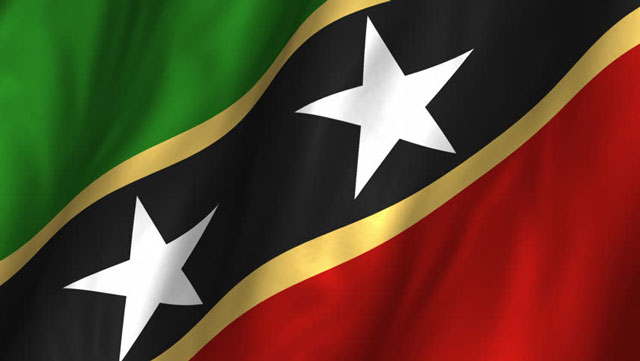The Federation of St. Kitts and Nevis has secured a $20 million concessional loan from the Saudi Fund for Development (SFD), marking a pivotal step in its ambitious push to harness geothermal energy and transition from fossil fuels. Prime Minister Dr. Terrance Drew and Premier Mark Brantley announced the funding this week, framing it as a critical milestone in the nation’s quest for energy independence and climate resilience.
Funding a Renewable Future
The loan will advance exploratory drilling for geothermal energy on the island of Nevis, building on an initial $17 million injection from the Caribbean Development Bank (CDB) in 2022. With the new financing, the government aims to unlock the volcanic archipelago’s untapped geothermal potential, which could provide a stable, low-carbon energy source for its 47,000 residents and slash reliance on costly imported diesel.
“This partnership with the Saudi Fund for Development accelerates our journey toward sustainability,” said Prime Minister Drew, emphasizing that the project aligns with a 2023 parliamentary resolution declaring geothermal development a national priority. Premier Brantley added, “This is not just about energy—it’s about securing economic stability and protecting our environment for future generations.”
Collaboration Across Borders
The federal government and the Nevis Island Administration have pledged close collaboration to ensure the initiative benefits both islands. Geothermal success in Nevis—where exploratory wells have already been drilled—could eventually power neighboring St. Kitts via an undersea cable, creating a regional renewable energy hub. Officials also hinted at future opportunities to export surplus energy to nearby Caribbean nations.
The Saudi Fund’s endorsement reflects growing international interest in financing small island states’ climate adaptations. “We commend St. Kitts and Nevis for its visionary leadership,” an SFD representative said in a statement, though specifics of the loan’s terms were not disclosed.
A Regional Model for Sustainability
St. Kitts and Nevis joins a wave of Caribbean nations, including Dominica and Grenada, investing in geothermal energy to curb emissions and energy costs. The transition is urgent for the region, where fossil fuels account for over 90% of electricity generation, leaving economies vulnerable to global oil price shocks.
If successful, the geothermal project could reduce the federation’s carbon footprint by up to 95%, officials estimate, while lowering electricity bills for households and businesses. The government also plans to reinvest savings into healthcare and education, aligning with broader U.N. Sustainable Development Goals.
Challenges and Next Steps
Despite optimism, challenges remain, including technical risks associated with drilling and the need for additional funding to scale up infrastructure. The government has not provided a timeline for when geothermal energy will reach households but affirmed that tenders for drilling contracts are underway.
As global temperatures rise, St. Kitts and Nevis’s gamble on geothermal energy underscores a stark reality: for small island nations, the clean energy transition is not just aspirational—it’s existential.



